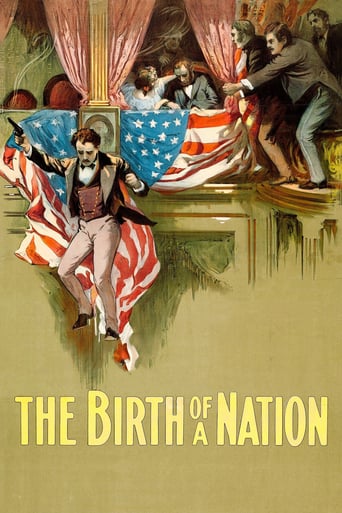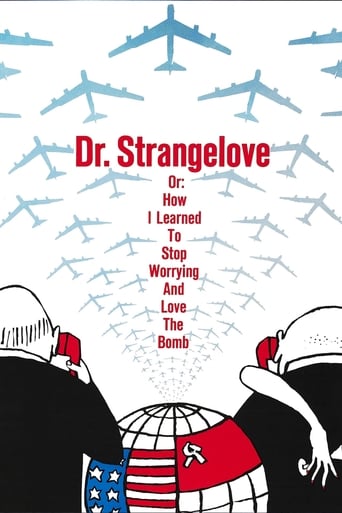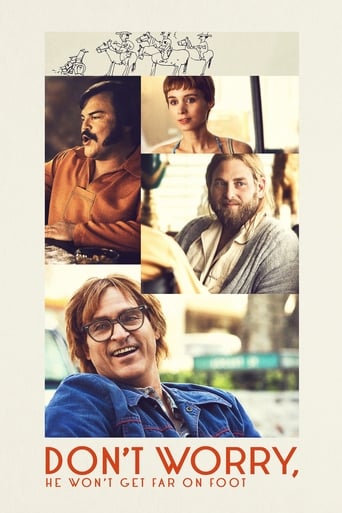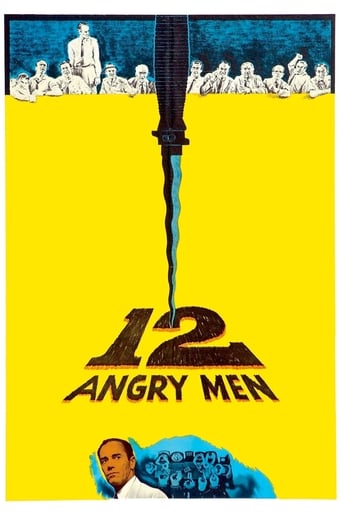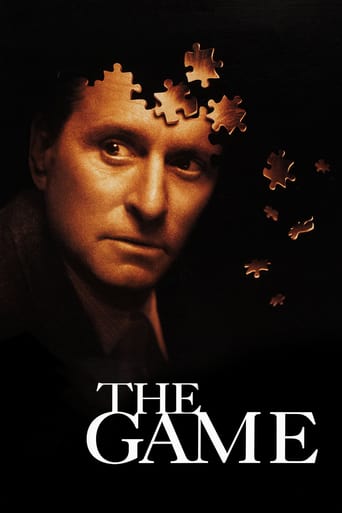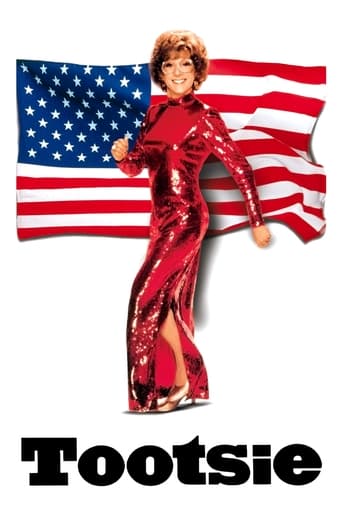


Intolerance: Love's Struggle Throughout the Ages
The story of a poor young woman, separated by prejudice from her husband and baby, is interwoven with tales of intolerance from throughout history.
-
- Cast:
- Lillian Gish , Mae Marsh , Robert Harron , F.A. Turner , Sam De Grasse , Vera Lewis , Lillian Langdon


Similar titles
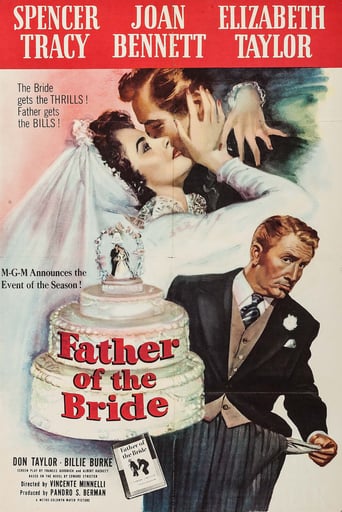


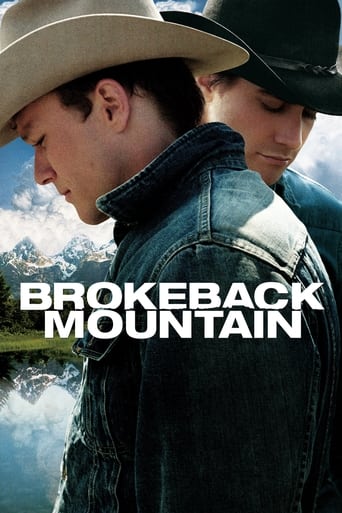
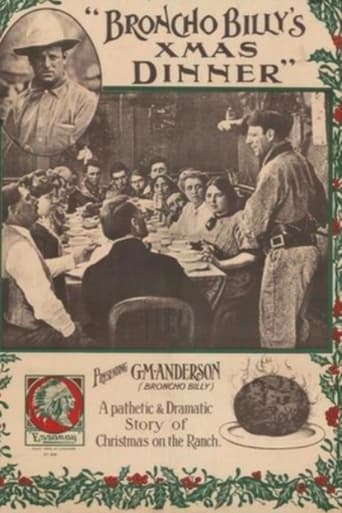

Reviews
Truly the worst movie I've ever seen in a theater
Expected more
Funny, strange, confrontational and subversive, this is one of the most interesting experiences you'll have at the cinema this year.
Exactly the movie you think it is, but not the movie you want it to be.
The most remarkable thing about Intolerance while I was watching it was that I found myself engaging with it as I would a modern piece of movie-making. Sometimes, even often times, when watching silence cinema I try to take it on the context of when it was made: that the director and crew and actors were working back when storytelling was completely new with moving images, that the scenarios were a little rougher, and that the social mores and other things made it specific to that time and place. Or, to put it another way, at times it might be dated as far as the storytelling - in the worst case scenarios, in a word, creaky.Intolerance begins in the first half hour sort of un-loading its four different scenarios - stories set in the modern day (of 1916) around the world of a company Jenkins and a feminist group; the Babylonians and Persians and their battles and quests for glory; the 16th century with turmoil in France; and the story of Jesus in Nazareth - but once the stories get going, Griffith's editing and storytelling work more like how one might see in a movie today. To say he was sophisticated in advancing the art of filmmaking is an understatement.This does not necessarily mean that there aren't things about it that haven't dated; there are some beats that come off as sexist (one of the inter-titles actually says, "when women are no longer able to attract men they turn to reform as a second option," in the modern times story) and there are some points where Griffith ratchets up the melodrama so high that it becomes sort of hysterical. But that's something I just take as a given with his approach, and to be fair this isn't quite as hyper-WTF as Birth of a Nation... then again, what is? And what Griffith is after here is nothing short of creating storytelling as a kind of visual symphony, particularly in the last like 45 to 50 minutes as all of the stories reach their manic and highly dramatic climaxes all at one - all while that woman sitting by the crib (is that Lillian Gish, how about that) is there sort of like the unofficial God(dess) of these slices of the human condition.There's a lot that can be dissected here, but I think what's telling, and what may actually be a slight (but only a slight) detriment to the filmmaking, is how much Griffith clearly prefers to tell more of two of the four stories: the modern day story and the Babylon epic. He gets to stage what I imagine were, with not much to compare to at the time (maybe aside from, uh, himself with BOTN and maybe Cabiria), the most spectacular battles recorded on film, and to bring together this story of "The Dear One" (Mae Marsh, gosh she's delightful and so ready to go full throttle with her acting) in a way that shows a sort of culmination of the melodramas he'd been making for years at Biograph. I didn't keep count of the minutes, but I'm pretty sure that these two tales - and by the way, the Babylon story also features a force of f***ing nature with Constance Talmadge as 'The Mountain Girl' - outnumber the French/Hugenot and Christ segments by quite a lot, and for the latter it almost seemed as if that was more allegorical to what was going on anyway in the other stories, especially the Boy's plight.I wouldn't say those should've been cut down or taken out, despite the Babylon and modern time stories being stronger overall; it's more a question of pacing. A recent descendant of Intolerance's approach to multi-level storytelling is Cloud Atlas (and I'm sure Nolan is a fan of this as well, not a doubt in my mind), and while that film certain is more scattered and messy in the success of its segments, the pacing was actually an improvement at times as far as balancing all of the stories. But, again, this almost in an ironic way a compliment to Griffith, that I think of this epic in such a way that it's closer to what movies in the 21st century achieve as far as bringing a novelistic approach 100 years on. So while I might have wanted more of those stories in France and Nazareth, what I got was still very good.I think the quality of Griffith's direction is what makes this so strong, along with some of the key performances and how he simply mounted such massive sets that, in their way, are more impressive than what you get today in CGI; your mind knows that all those figures are fake in modern films, no matter how much detail is put in here. In Intolerance, when I look at the people all in that Babylonian decadence, and then when the battle breaks out against the mighty Cyrus, it *feels* intense and sprawling.Unlike Birth of a Nation, which has such an unpleasant and virulent 2nd half that makes me never want to see it again on principle alone, I could find myself coming back to Intolerance, perhaps getting into it a little quicker than I found on a first time (that first half hour takes a little time as I mentioned), and just to marvel at some of the acting which is both big AND small in equal measure. By this I should say that you can't help but see when actors really are milking the emotion for all its worth - Brown Eyes in the French scenes, or that female killer in the modern day story, where Griffith really gets to use his close-ups in such a way that must have changed movies forever - but there's subtlety when called for also. The more I think about it hours after watching it, the more it feels like a monumental (if imperfect) achievement. 9.5/10
If watching Birth of a Nation could be likened to ordering soup at a restaurant, appreciating the fine china bowl it's contained in but nevertheless sending it back because it lacked any warmth, D.W. Giffith's so-called "apologetic" follow-up is akin to the waiter coming back with something far more appetising. Often hailed as a film "you must see once", Intolerance I argue is a film you should not only see once, and from a reputable source (I cannot recommend the blu-ray highly enough, most of all for the wonderful presentation of Carl Davis' rigorous 1989 score) but also then treasure for the rest of your movie-watching days. Telling four simultaneous stories that interlock with a despairing narrative throughout, the film cuts back and forth with tension, action, suspense and spectacle like nothing that had been seen before. Yes, more-so even than the much more widely lauded Birth of a Nation. The weakest and most superfluous of the stories, featuring the rise and fall of Jesus of Nazareth, is tepid and never really gets going. You get the sense that Griffith merely wanted a biblical bow to tie around the trimmings of his movie to give it extra moralist oomph. While he never quite succeeds in doing so, the segments are thankfully given very little screen time for us to really get frustrated over. The second of the bunch, a French Renaissance piece revolving around the lead up to the St. Bartholomew's Day Massacre, has its moments, but again mostly plays second fiddle to the larger plays at hand. The two centrepiece stories set in modern 1916 and Babylonian 539BC are where the film's real meat resides and exist to showcase the film's dualism in starkly contrasting two completely different eras of mankind's history which are plagued by all-too-familiar human flaws. Contrasting the huge sets of Babylonia with the small, claustrophobic rooms of modern 1916 whilst effectively telling the same story on different scales, Griffith strikes a firm balance between raw emotional storytelling and thrilling ideological battles fought with religion, money, power and morality. And while the two least interesting stories never really amount to anything revelatory on their own, in employing the same cross-cutting seen in Birth of a Nation's climactic sequences, Intolerance comes to a gripping and cohesive conclusion ripe with pathos and stark imagery thanks to their intricately interwoven nature.While reports of Intolerance being Griffith's act of atonement for his previous effort are often regarded as folly, regardless there exists a warmth to it that was absent in Nation. Grander, more outward-looking in terms of scale and ideology, and most importantly presented with an artistry that propels the work further and with more lasting, readily- appreciated value. From the epic sets and casts of extras sprawling around each other in death and dance, to the smallest, most intricate moments of sorrow and inner-turmoil, Intolerance is not only the first truly great film in cinematic history, but to this day remains as a rare example of film existing as a form of classically-tuned art. Art with a pulse, a heart and a desire. See it once, sure, but I guarantee you'll be back for one more rock of the cradle.
It surprises me that "Intolerance" was such a box office bomb when it first came out back 1916. Sure, it was especially complicated and hard to follow for the time, but the sheer spectacle of it feels like it would not only really attract audiences of that time, but even our time. The battle sequences are so exciting and suspenseful that it's hard not to love their intensity and well crafted nature."Intolerance" doesn't follow one simple narrative, but four narratives, each narrative from a separate time period, from the Babylonian era to modern day America. Instead of, more conventionally, presenting each story one at a time, D.W. Griffith cuts from one story/time period to another in an extremely influential way. It's clear that this makes the film horribly complicated for a 1916 audience. Heck, today the film still is pretty complicated!Many people may say that the film is a bit melodramatic or-*GASP*-dated, but, to be honest, it's a film made 100 years ago! And, even if it is a bit corny at times today, there still is a lot of stuff in "Intolerance" that is still truly emotional and gripping to this very day.If you hate "The Birth of a Nation", you still may love "Intolerance". It has the technical mastery of "The Birth of a Nation", but without the blatant and repulsive racism. So, if you feel like you should never give Mr. Griffith's work a chance after a film like "BOAN", please rethink your decision, because you sure will be missing out on an epic masterpiece!
Almost a century ago, D.W. Griffith produced this mammoth film as his follow-up to Birth of a Nation, partly to try and be bigger and better, and also to counteract the racial criticisms his previous film garnered. Intolerance is a massive production that spans thousands of years of human history. For the first time in cinema history, massive sets, massive amounts of extras, huge amounts of props and costumes were dispensed to craft a lavish and visual experience. To this day, many folks acknowledge this film as an important landmark of movie-making history.Regardless, it is one long-winded film that runs for three hours, telling four different stories in four different eras. The most interesting and visually impressive story involves the fall of ancient Babylon; it's a brutal tale that boasts some surprisingly violent scenes of war, with the backdrop of massive and exotic setpieces. The film also flips around with the classic tale of Jesus and His crucifixion, and once again it looks fabulous. Scenes in 16th century France show the story of St. Bartholomew's Day Massacre. Then there's the modern day scenes (1916 that is) showing the struggle of the working class against the adversities of strike, strife, crime, and punishment. All these stories are united with the recurring image of a baby in a cradle, insinuating that the central theme of "intolerance" is a universal trait that carries on with each new generation, from the day we're born to the day we die.All that being said, the film never really captivated me. Not even with the lavish visuals, the sumptuous set designs, and the expansive story; as grand of an effort as this film was, I found it to be dry and stiff. None of the stories had any strong characters to follow, and without a pathological attachment, I found myself disconnected to the events that unfolded. The matter is made worse by the fact that all conflict seems historical in nature - most of them revolve around religious differences that set two sides at each others throats. Personal conflict occurs in the modern story, but is still not all that interesting. Thus, I found myself not really caring for what was going on, and the film overall came off as a bore.I am sorry to say such a thing, because the film clearly shows its quality and passion through its production. It boasts very solid, if not groundbreaking and impressive, photography and editing. Acting is generally good, even by silent-era standards. Title cards tend to be long-winded, and have a tendency to explain a lot of what's going on in a herky-jerky manner. This production spared no expense on the sets, props, and costumes Intolerance is an important landmark film that all serious film fans should attempt to see. It doesn't do much for me personally, I'm afraid, but it is best seen for its ambition, scope, scale, and overall quality and craftsmanship.3/5 (Entertainment: Awful | Story: Average | Film: Very Good)


